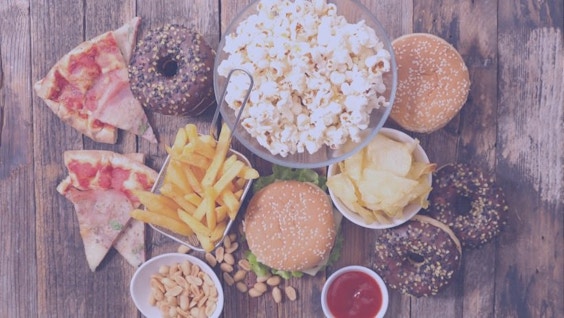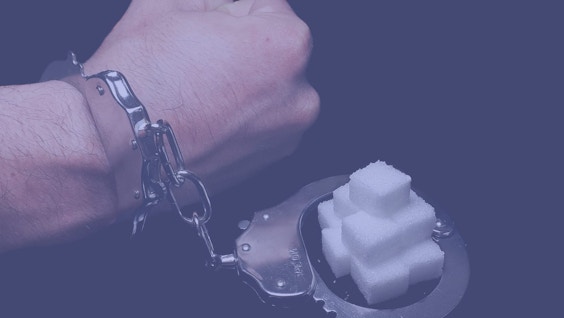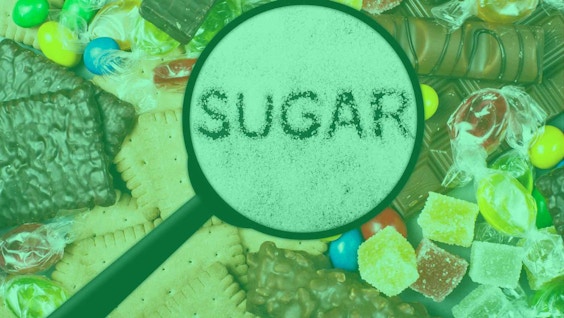I Am Sober is a free app that helps you get some control back in your life.
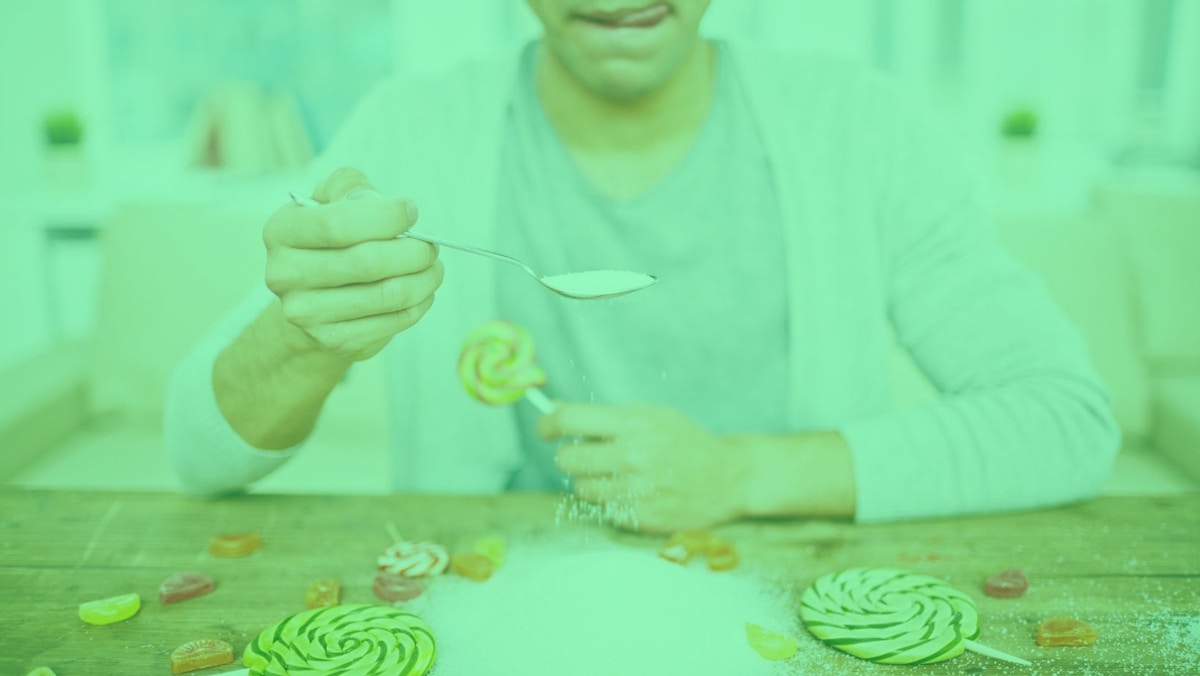
How to Beat Sugar Addiction
Last Updated: Tue, January 23, 2024Many individuals adore desserts. These people also say that they a “sweet tooth”. However, sugar cravings can be extremely problematic for certain people.
You know what we’re talking about if you've ever opened a package of cookies or a bag of jelly beans intending to eat only one or two, only to find yourself devouring the entire hoard.
However, if sugar consumption leads to weight gain or disordered eating, it must be addressed.
This post outlines how to beat sugar addiction effectively.
How to Beat Sugar Addiction in 10 Steps
Here’s how to beat sugar addiction:
How to Beat Sugar Addiction Step 1: Talk to a Therapist
Having support while attempting to break any addiction, including sugar, is an important component of the process.
Both a therapist and a nutritionist can help you develop stress-management methods that will make it easier for you to kick your addiction.
In addition, a therapist makes sure that you do not simply switch from one form of addiction to another.
How to Beat Sugar Addiction Step 2: Think Ahead
If you're addicted to sugar, quitting cold turkey might leave you feeling like you've had a hangover. You might suffer from lethargy, brain fog, migraines, and irritability as well.
Sugar withdrawal symptoms normally last three days. So, experts recommend starting your sugar detox cautiously to increase your chances of successfully navigating those three days.
In addition, make sure you're not doing it over three days you know will be high-stress. Doing so makes sugar cravings more likely.
Instead, choose days when you can devote more time to self-care and better organize your meals, snacks, and distractions. Moreover, know that it will end, and you will be fine.
How to Beat Sugar Addiction Step 3: Get Plenty of Sleep
Sleep deprivation puts you up for poor dietary choices. Due to it, you always look for that fast shot of energy.
Moreover, if you don't get enough sleep, your levels of ghrelin, popularly known as the hunger hormone, rise. This makes it even more difficult to resist urges.
Sleep deprivation also boosts your appetite for high-calorie items while lowering activity in the parts of your brain that deal with weighing options. For example, according to a study, sleep deprivation increases a chemical signal in the body.
This makes junk food taste especially sweet (similar to the "munchies" effect of marijuana). It also keeps your craving for sugar high when it would otherwise fall in the evening.
Furthermore, even after having a large lunch two hours previously, the sleep-deprived study participants binged on cookies, sweets, and chips, eating twice as much as they would after a good night's sleep.
How to Beat Sugar Addiction Step 4: Stay Hydrated
Adequate water helps moderate hunger and keeps energy levels up. It. can also alter blood sugar levels. On the other hand, being thirsty may interfere with your ability to make good choices and avoid sugar.
In addition, according to a study, even minor dehydration (1 to 2% less water than your body requires to function efficiently) appears to impair cognitive functioning, particularly attentiveness and critical thinking skills.
How to Beat Sugar Addiction Step 5: Consider a Sugar Detox
A detox from sugar usually includes reducing sugar consumption over time. A different kind of sugar detox can also involve omitting added sugars from one's diet but maintaining consumption of the naturally occurring sugars found in fruits.
The bottom line is that you should find a strategy for determining which type of sugar detox would be most suitable for your lifestyle. It must meet your health requirements as well.
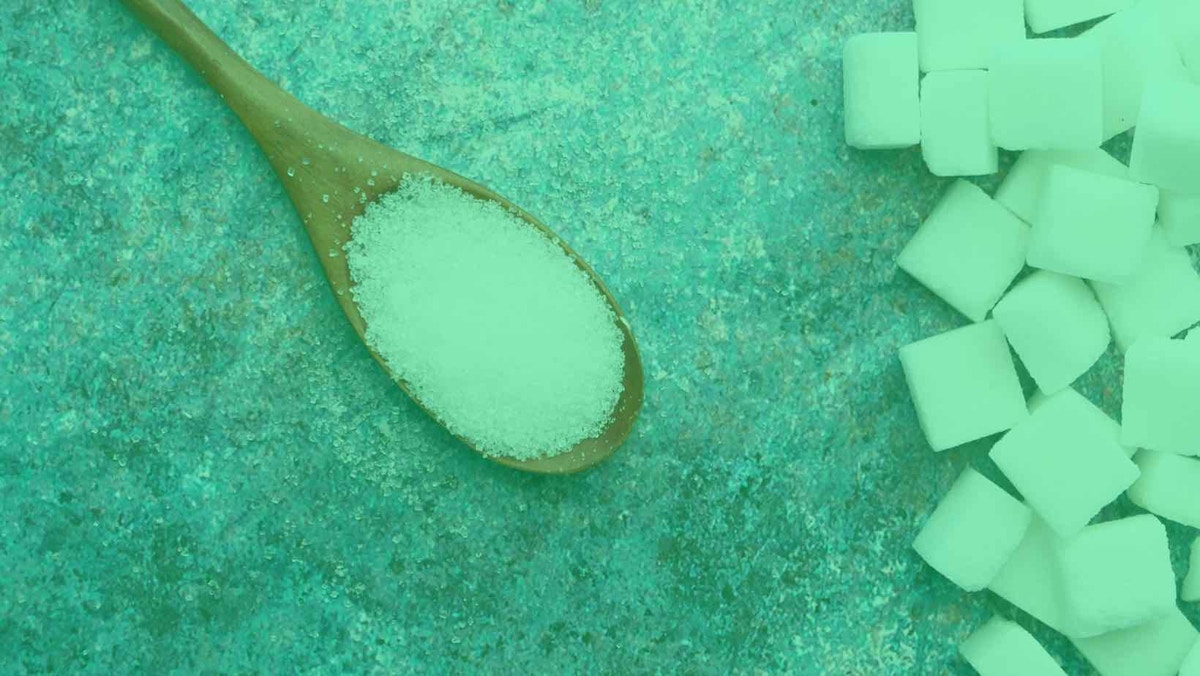
How to Beat Sugar Addiction Step 6: Consider Complete Avoidance
If you entirely abstain from sugar and sweet foods, you might be able to beat your addiction.
To do this, eliminate all sources of sugar and sugary food from your home. If necessary, involve the entire family in this process. Eliminating or cutting back on sugar consumption will also probably be beneficial for everyone in the house.
If you eliminate all sugar from your diet, you will generally need to stay away from food items with high sugar. You must also limit natural sugars such as fruits with too much sugar. Moreover, you must possibly even refrain from using sweeteners.
How to Beat Sugar Addiction Step 7: Replace the Habit
If you try to reduce the amount of added sugar in your diet, you should be sure that you do not replace one addiction or habit with another.
Instead, you must keep in mind the distinction between a routine and an addiction. If you find that you don't have room for dessert after a meal, try substituting it with an after-dinner walk or a cup of herbal tea.
How to Beat Sugar Addiction Step 8: Eat Food With Many Minerals
A mineral shortage might result in sugar cravings. Are you aware that some trace minerals play a role in the creation of insulin and glucose metabolism?
As a result, a severe shortage in these essential trace elements may lead to increased sugar cravings. As a result, experts recommend eating food items with high levels of the mineral magnesium. These include raw cacao, avocado, quinoa, brown rice, nuts, seeds, and dark leafy greens.
How to Beat Sugar Addiction Step 9: Opt for Fruits
Experts recommend that you eat at least one fruit per day. This will help you overcome your sugar cravings.
Increase your intake of almonds, avocados, olives, and seeds. These fruits are fiber-rich. and aid in sugar regulation. They also keep your body in a state where you have fewer sugar cravings.
How to Beat Sugar Addiction Step 10: Reduce Caffeine
Caffeine, a typical appetite suppressant, stimulates the release of cortisol (the stress hormone). It makes you feel more active and invigorated.
This quick and abnormal synthesis of cortisol, on the other hand, can cause your body to seek more insulin (in the form of sugar).
So, reduce your caffeine intake to reduce your sugar cravings. However, you can enjoy a cup of coffee every now and again.
Conclusion
Most people don't mind having a sweet treat now and then, so you shouldn't feel bad if you do.
But if you find yourself having sugar cravings on a daily basis or feeling out of control around sugary foods, it's time to reconsider your diet.
Talking to a therapist and nutritionist greatly helps. The right support system and a sobriety app like I Am Sober can also help.
I Am Sober is a free app that helps you get some control back in your life.


